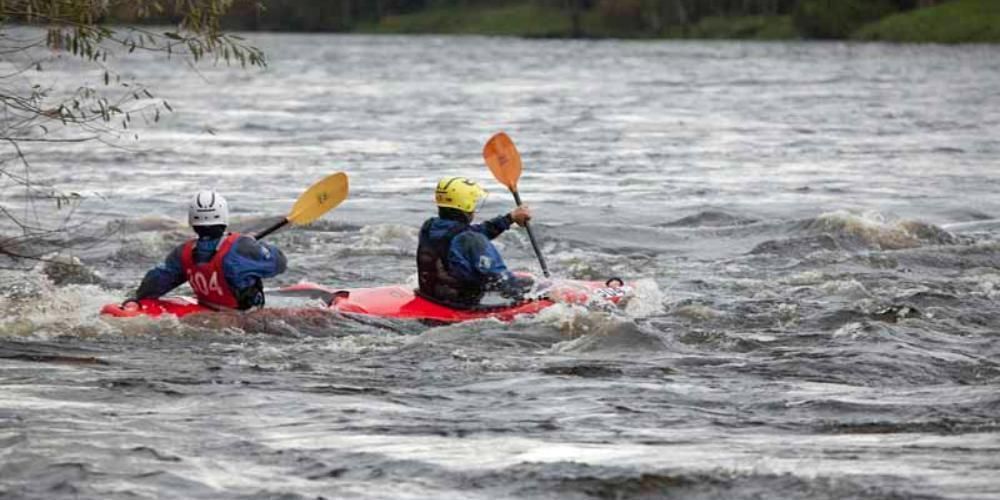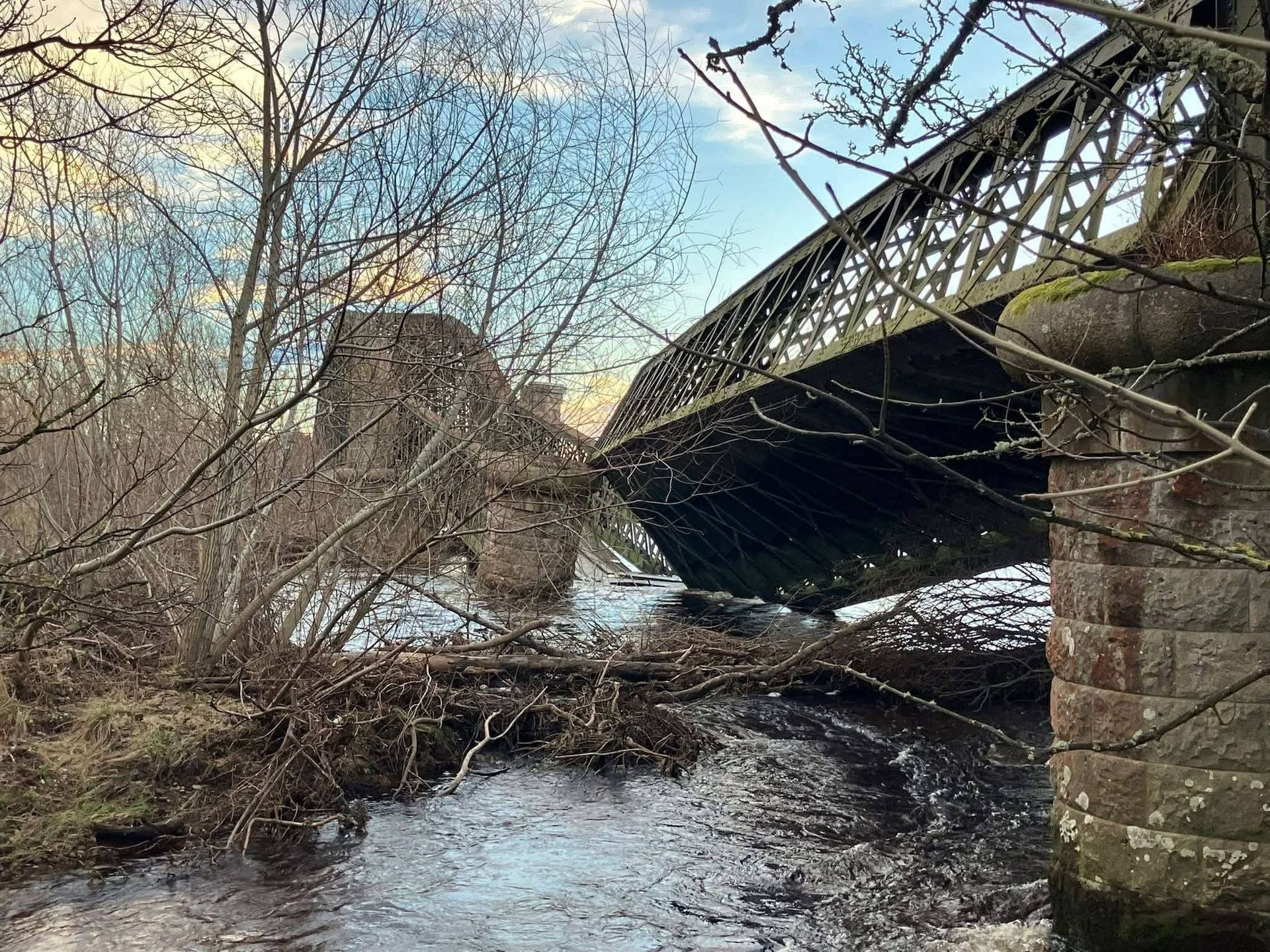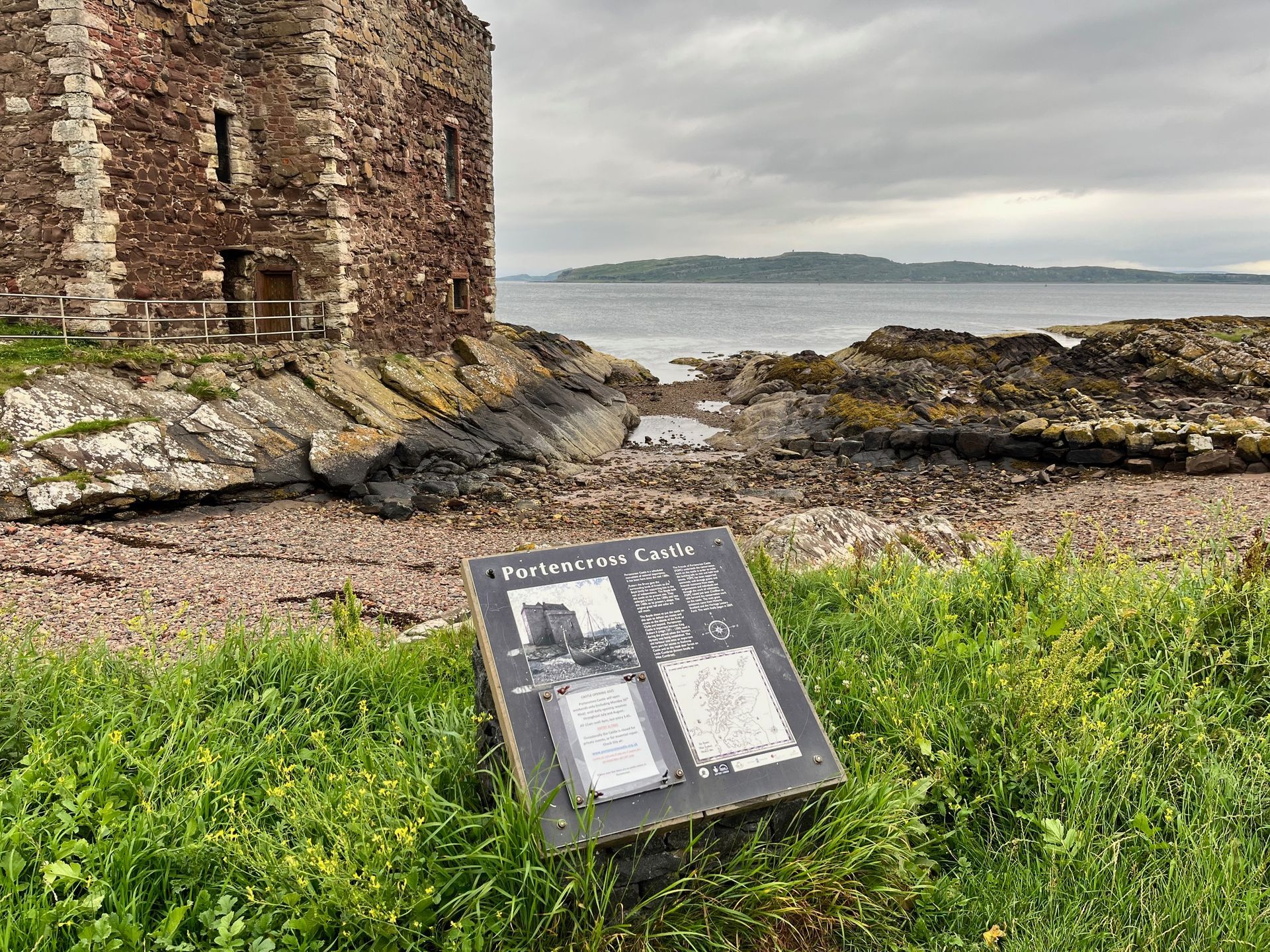ACCESS NEWS

The car park at Stanley beach is temporarily closed. Please do not attempt to access it. Parking is available in the village and the river is accessible as normal (thanks to the right of responsible access). Paddle Scotland and the landowner have a meeting scheduled for Tuesday 24 June after which we will be able to provide a further update.












